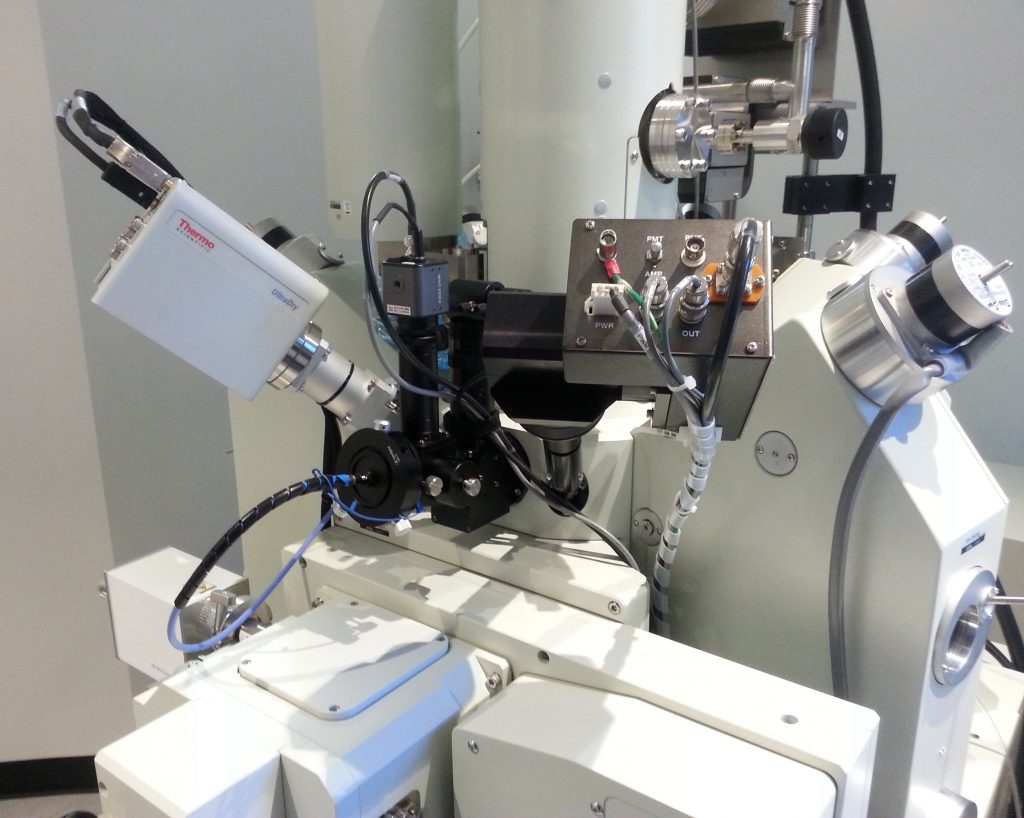The University of Tasmania has recently installed a new microprobe in their Central Science Laboratory (CSL). With a view to maximising performance, the system was supplied with a Thermo Scientific UltraDry EDS (Energy Dispersive Spectrometer) to help generate high quality data faster and accelerate research.
The University of Tasmania secured funding for the new system through the ARC (Australian Research Council) LIEF (Linkage, Infrastructure, Equipment and Facilities) scheme under the guidance of Dr. Karsten Goemann, a Senior Research Fellow at CSL. The new microprobe will take pride of place becoming the primary instrument, with the old system gradually being phased out.
The microprobe is a fundamental tool geological research and as such it will be used primarily to characterise ore deposits and other rock samples. This information is of great importance to mining and minerals companies who can use it to fast track exploration programs by providing information about how ore deposits are formed. It will also be used for basic science where it is used to gain a better understanding of the earth’s composition and mechanics.
The new system incorporates five WDS (Wavelength Dispersive Spectrometer) detectors. These are very well suited to detection on minor elements and trace phases due their resolution and peak to background. Using third party software, the EDS detector is integrated and can provide excellent detection of major elements in relatively short time frames. Both EDS and WDS detectors can collect data in parallel to measurement times and maximise sample throughput.
Dr. Goemann said, “the microprobe is a key piece of infrastructure at our facility. We have a large research community through CODES, an ARC Centre of Excellence that specialises in ore deposits and Earth Sciences. CODES have strong industry ties and links to research projects around the world. The microprobe will help service their needs, including research carried out by over one hundred users made up of Ph. D students, honours students and post doctoral researchers. The Thermo EDS suited our requirements due to its performance as well as its compatibility and ability to integrate with our software.”

